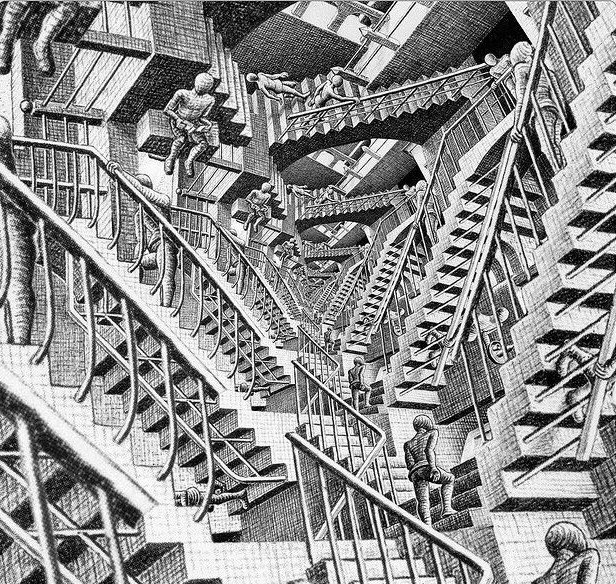Is it corny and trite? Maybe. 🤷🏻♀️ But it's the absolute truth. 😀
We answer questions about mathematical structures and give the answer in the form of a statement, together with a rigurous proof.
Anyway, when we choose an open question to answer, we don't know whether we'll be able to. Some open problems have remained open for hundreds of years.
I wanted to be the one to prove it,but I couldn't.😰
So I found solace in tennis, like we all do, and began watching one of the best matches Djokovic and Murray have played: the 2011 Rome SF. Fantastic match. Intense. Gruelling.
I kept yelling at the TV, begging Novak to give up.
Rafa Nadal was already waiting and Novak had beaten him in IW and Miami. I dodn't want him to lose that edge in their rivalry.
Remember where we were in time.
I knew he would be dead the following day, better lose to Murray than to Rafa (you know how we fans think)
I was distraught when he wouldn't listen and won an epic match, at midnight, after more than 3 hours of intense play.
I approached Sunday final with a mixture of trepidation and resignation.
Yet, Novak won. Novak won!
And I said to myself: thank goodness he doesn't think like I do. I would have given up, but he didn't even think of doing that.
Novak Djokovic doesn't give up. Not in 2011, not in 2019. 😃
Once that thought crossed my mind,it stayed there.
I didn't want to waste more rime in a problem that for all I knew could remain open for 100 years.
But I decided not to give up just yet. One last try.
I was very tempted to add Novak Djokovic's name to the paper I wrote, citing him as my inspiration.
I didn't dare, shame on me! 🙈
After my talk, a colleague came up to me and asked me: "I'd never heard of Djokovic. Is he a PhD student? Who does he work with?" 🤣
I am convinced that without Djokovic that result would probably still be open, or it would have taken longer to be proved.
In my seminar, they all know the story and we all call the result "Djokovic Theorem". 🤣🤣



